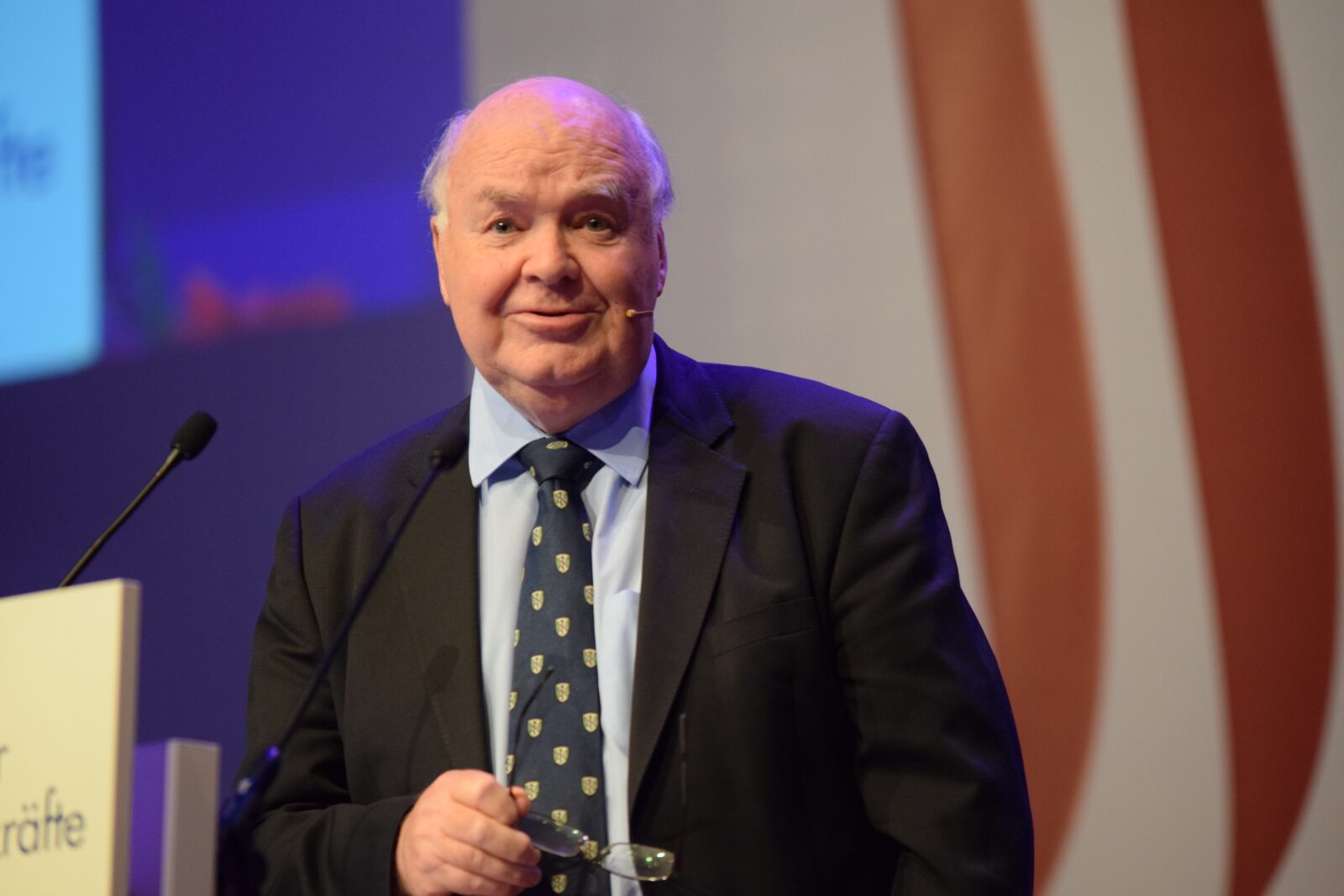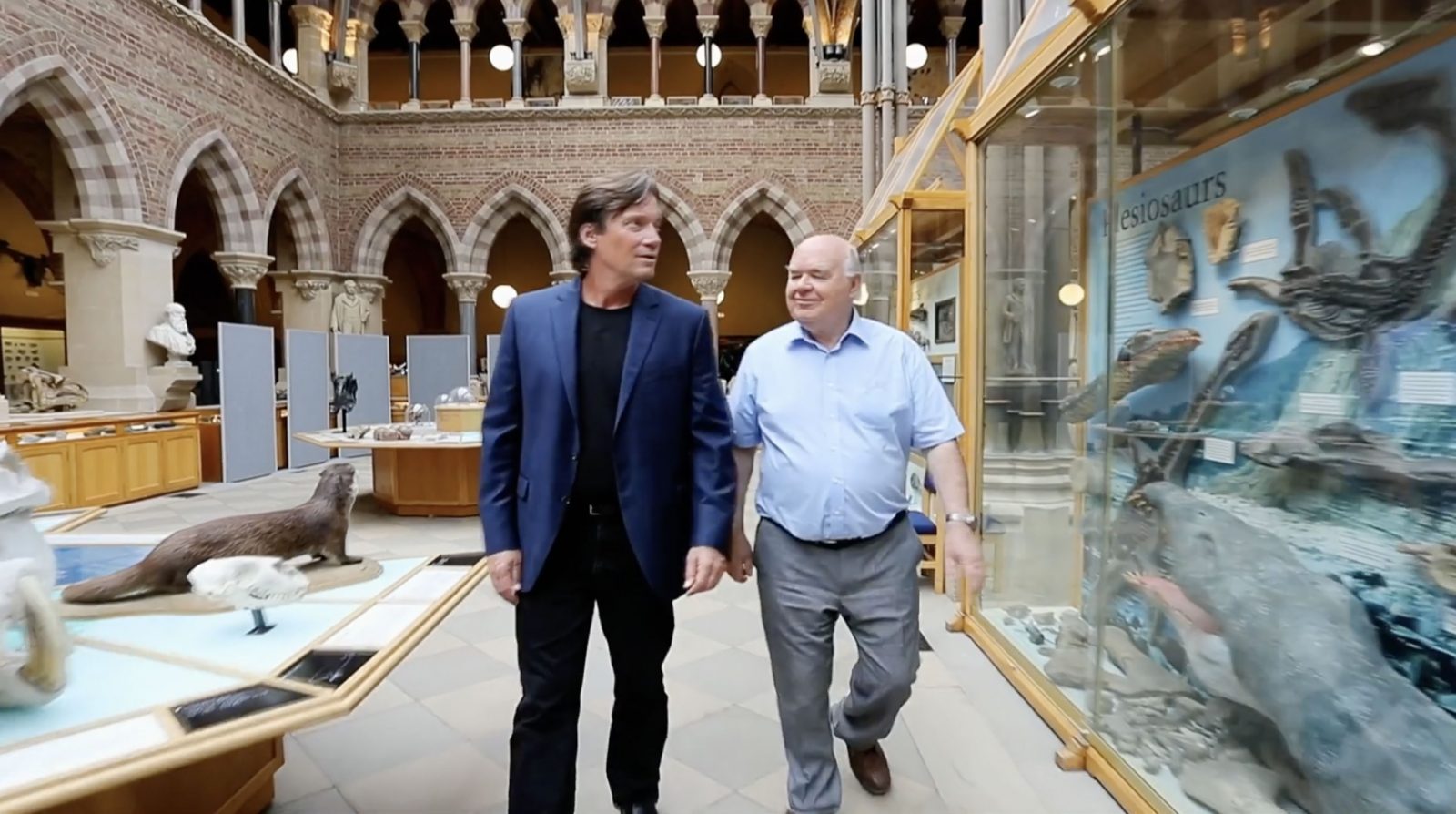


John Lennox Against the Tide of Scientism
On this ID the Future, host Stephen Meyer concludes his three-part conversation with Oxford mathematician and philosopher John Lennox on Lennox’s new film Against the Tide: Finding God in an Age of Science. Science depends on word, on logos, says Lennox, meaning the rational intelligibility of the universe. Francis Crick, co-discoverer of DNA, wished to disprove the need for God, but the language of DNA has turned out to be a signpost to an intelligence, Lennox comments, a logos, behind nature. Scientists still claim authority to pronounce against theism, but according to Lennox, such pronouncements come not from science but from a dogma known as scientism. Far from being “science vs. God,” it’s really a collision of competing worldviews. All this and more will be covered in the beautifully filmed Against the Tide, also starring Hollywood actor Kevin Sorbo, in theaters November 19. Go to https://againstthetide.movie/ to learn more and purchase tickets.

John Lennox Against the Tide of Atheism
On this ID the Future, John Lennox tells about discovering the damage atheism does to people, by seeing it firsthand in communist Eastern Europe and the former Soviet Union, and seeing what it does to rationality itself. In his continuing conversation with host and philosopher of science Stephen Meyer, Lennox relates how in his interactions with famous religiously skeptical scientists, he emphasizes that the Judeo-Christian worldview did much to give us science. When skeptical scientists ask the Oxford mathematician and philosopher how Christianity could have anything to say to science, Lennox is ready with an answer. This is the second part of a three-part conversation in which Lennox discusses his new documentary, Against the Tide, filmed with actor and host Kevin Sorbo.

John Lennox and Steve Meyer Against the Tide, Pt. 1
On this ID the Future, Stephen Meyer and Oxford University mathematician and thinker John Lennox begin a three-part conversation about Lennox’s upcoming documentary, Against the Tide: Finding God in an Age of Science. As Lennox explains, he grew up as the child of a uniquely non-sectarian Christian family in Northern Ireland, with parents who encouraged him to question broadly, read widely, and respect every person as a creature made in the image of God. He tells of his encounters with C. S. Lewis at Cambridge University, relates a humorous story in which atheist Peter Atkins gave him the title of one of his books, and describes his front-row seat as he watched the scientific atheism of the 1960s transform into the aggressive and contemptuous New Atheism of more recent years — a story that includes Lennox’s own debate with Richard Dawkins.